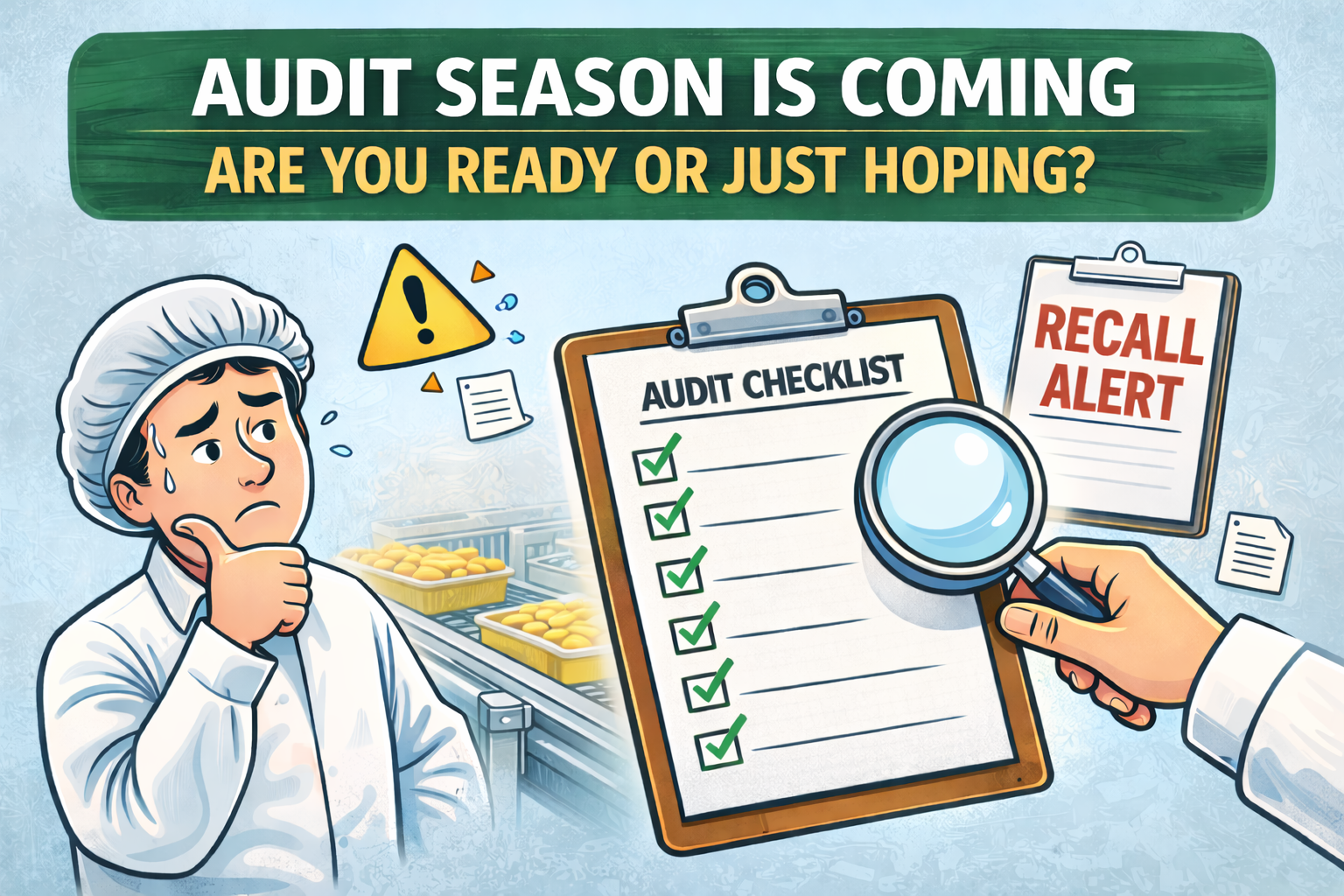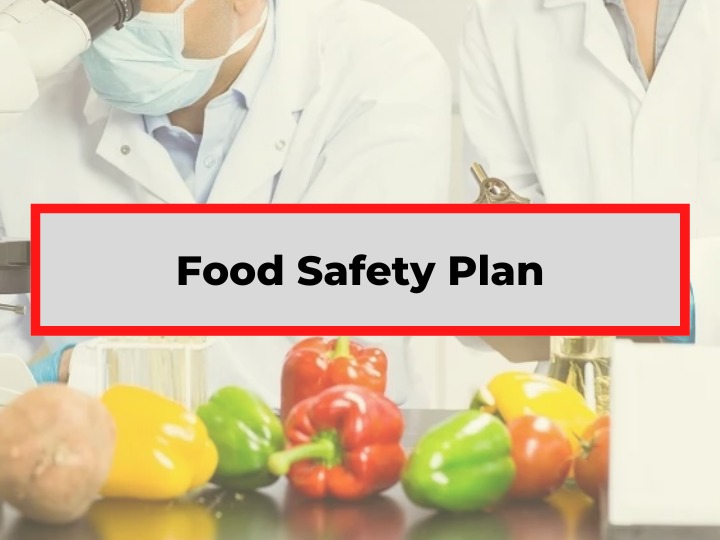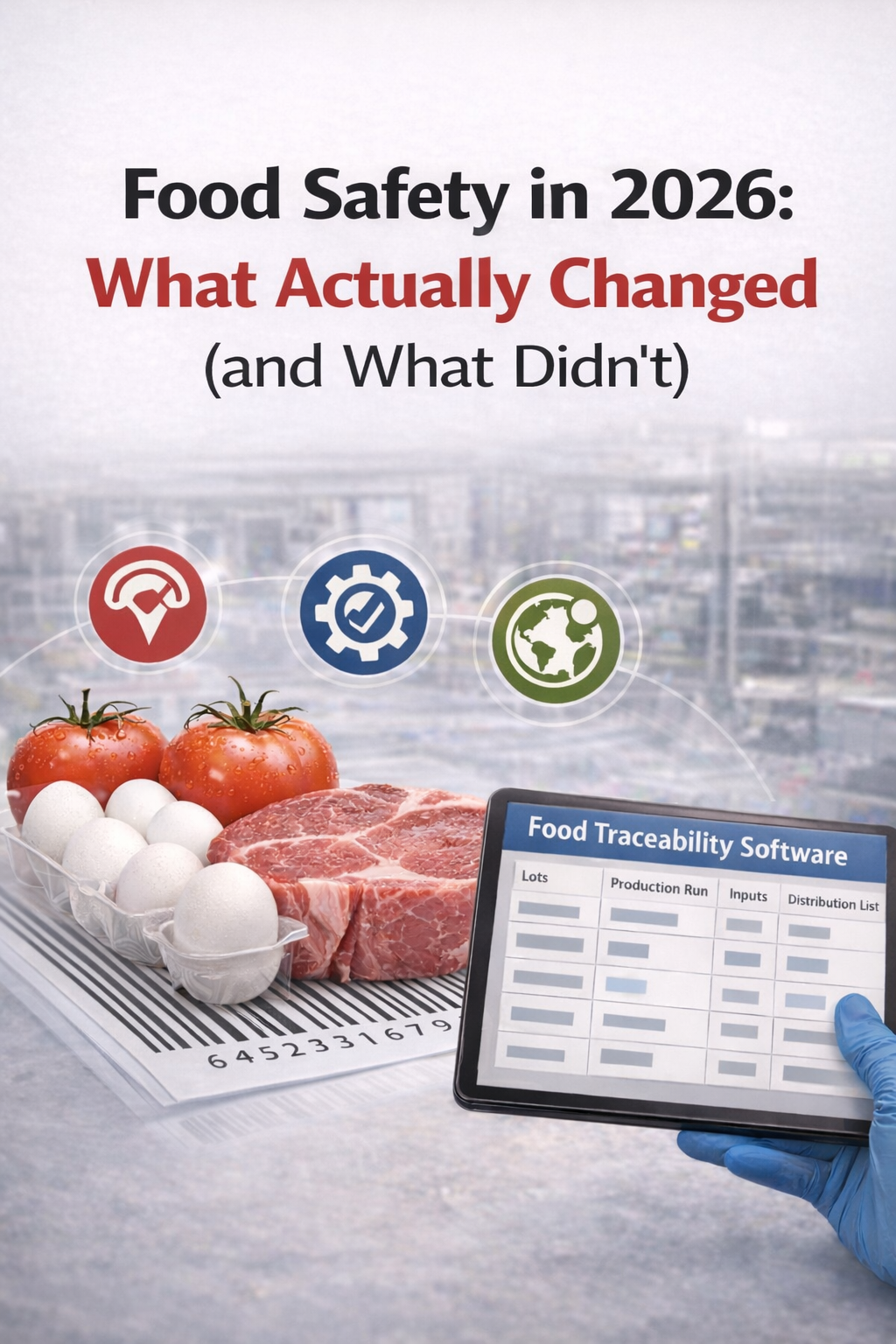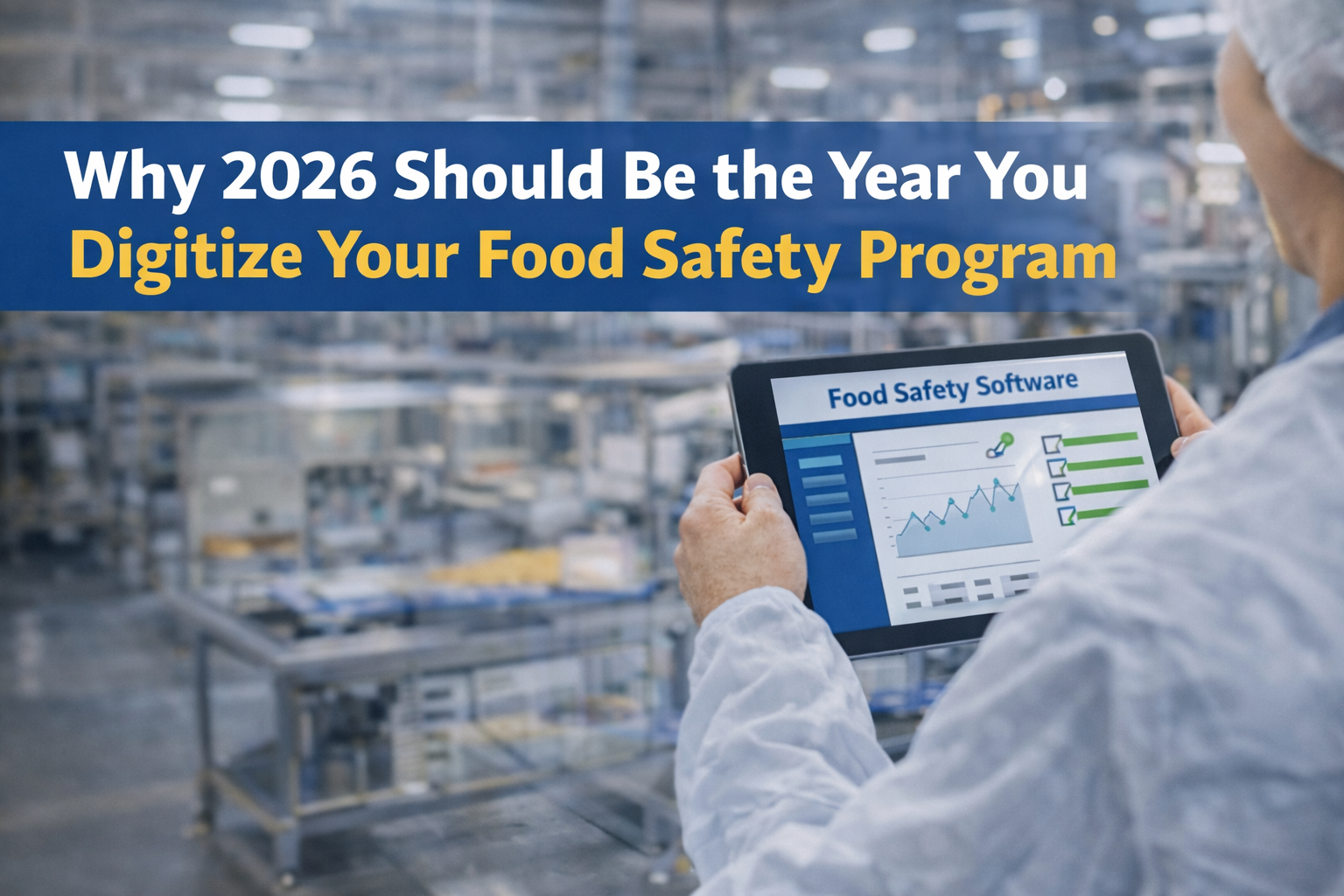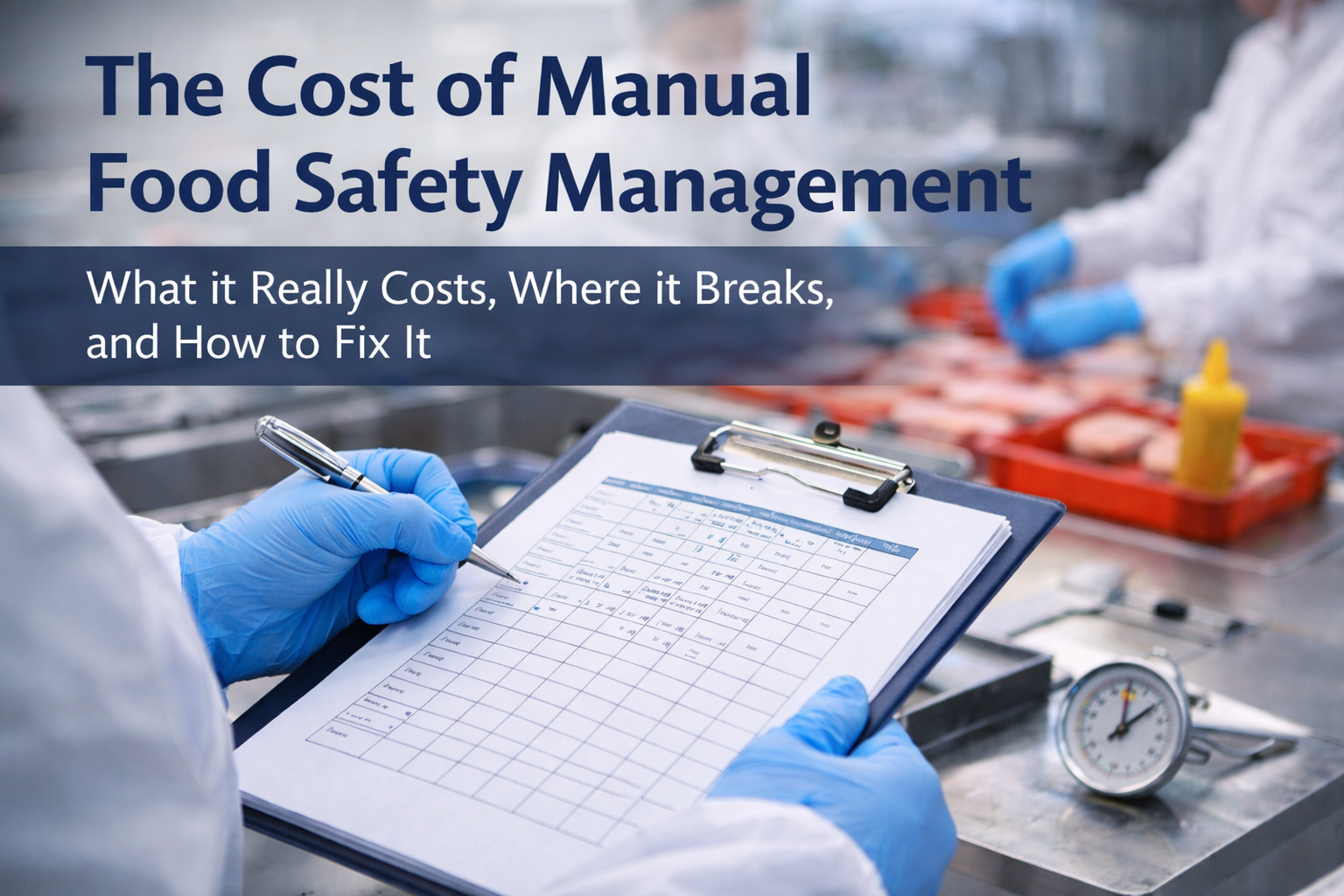Navigating the complexities of food import regulations in Canada can be a daunting task for any food processor. Compliance with the Canadian Food Inspection Agency (CFIA) standards is not only a legal requirement but also a critical component in maintaining the safety and quality of food products entering the market. This is where leveraging a robust food safety software like NORMEX becomes invaluable. In this blog, we'll explore how NORMEX can streamline your CFIA approval process, ensuring faster market access and maintaining compliance with food safety regulations.
Understanding CFIA's Role and Requirements
The CFIA is responsible for regulating the safety and nutritional quality of all foods sold in Canada. For food importers, this means adhering to strict guidelines that ensure products are safe for consumption and free from contaminants. The CFIA's requirements cover various aspects of food safety, including labeling, additives, and pesticide residues.
The Challenges of CFIA Compliance
Achieving CFIA compliance poses several challenges, particularly for new or small-scale food processors who might not have extensive resources to manage complex regulatory requirements. The main challenges include:
- Navigating Regulatory Complexity: Keeping up-to-date with changing regulations and ensuring all requirements are met can be overwhelming.
- Document Management: Extensive documentation is required, from product specifications to safety certificates and import declarations.
- Traceability: Ensuring traceability throughout the supply chain is crucial for quick response in case of food safety issues.
How NORMEX Simplifies CFIA Compliance
NORMEX, a comprehensive food safety management software, is designed to address these challenges effectively. By automating critical aspects of the compliance process, NORMEX helps food processors streamline operations, reduce errors, and speed up the CFIA approval process. Here’s how NORMEX achieves this:
-
Automated Document Management: NORMEX’s document management system ensures that all necessary documentation, such as Hazard Analysis Critical Control Point (HACCP) plans, product testing results, and supplier certifications, are maintained in an organized and accessible manner. This system not only saves time but also helps in quickly responding to CFIA queries or audits.
-
Enhanced Traceability: With food traceability software capabilities, NORMEX allows you to track every product right from the supplier to the end consumer. This traceability is crucial for recalling products efficiently if issues arise, thereby minimizing risk and potential CFIA penalties.
-
Supplier Management: Managing supplier information and compliance is simplified with NORMEX. The software helps in evaluating and monitoring supplier performance based on compliance with food safety standards, ensuring that only compliant products are processed and imported.
-
Task Automation: NORMEX automates routine tasks such as scheduling audits, reminding staff of critical actions, and generating compliance reports. This automation ensures that nothing falls through the cracks, making your import processes more efficient and compliant.
Step-by-Step Approach Using NORMEX for CFIA Approval
Let’s walk through a step-by-step approach on how you can use NORMEX to facilitate CFIA approval for your food imports:
Step 1: Set Up Your NORMEX Dashboard
Configure your NORMEX dashboard to reflect all critical components of your import process. This includes setting up supplier profiles, product categories, and compliance checklists aligned with CFIA regulations.
Step 2: Import Documentation
Upload all necessary import documents into NORMEX. These include certificates of analysis, production and testing reports, and any CFIA-specific forms. The software can flag any missing documents and automate reminders for updates.
Step 3: Manage Supplier Compliance
Utilize NORMEX’s supplier management features to ensure all your suppliers meet CFIA standards. Regular audits and assessments can be scheduled and tracked through the software, ensuring ongoing compliance.
Step 4: Ensure Product Traceability
Activate NORMEX’s traceability module to maintain detailed records of each product batch from source to store. This feature is critical for meeting CFIA’s traceability requirements for quick recall capabilities.
Step 5: Conduct Mock Recalls
Regularly use NORMEX to conduct mock recalls. This ensures that in the event of an actual recall, your team is well-prepared to execute it smoothly, minimizing both risk and disruption.
Step 6: Continuous Monitoring and Reporting
Set up continuous monitoring of your compliance status with NORMEX’s real-time dashboards. Generate compliance reports for internal audits and CFIA submissions directly from the software.
Examples of NORMEX in Action
Consider a scenario where a food processor imports nuts and seeds, which are high-risk products due to allergens and contaminants. Using NORMEX, the processor can manage detailed records of each supplier, automate the collection of safety certificates, and quickly trace any batch back to its source in case of contamination. This capability not only streamlines CFIA compliance but also builds trust with consumers by ensuring product safety.

